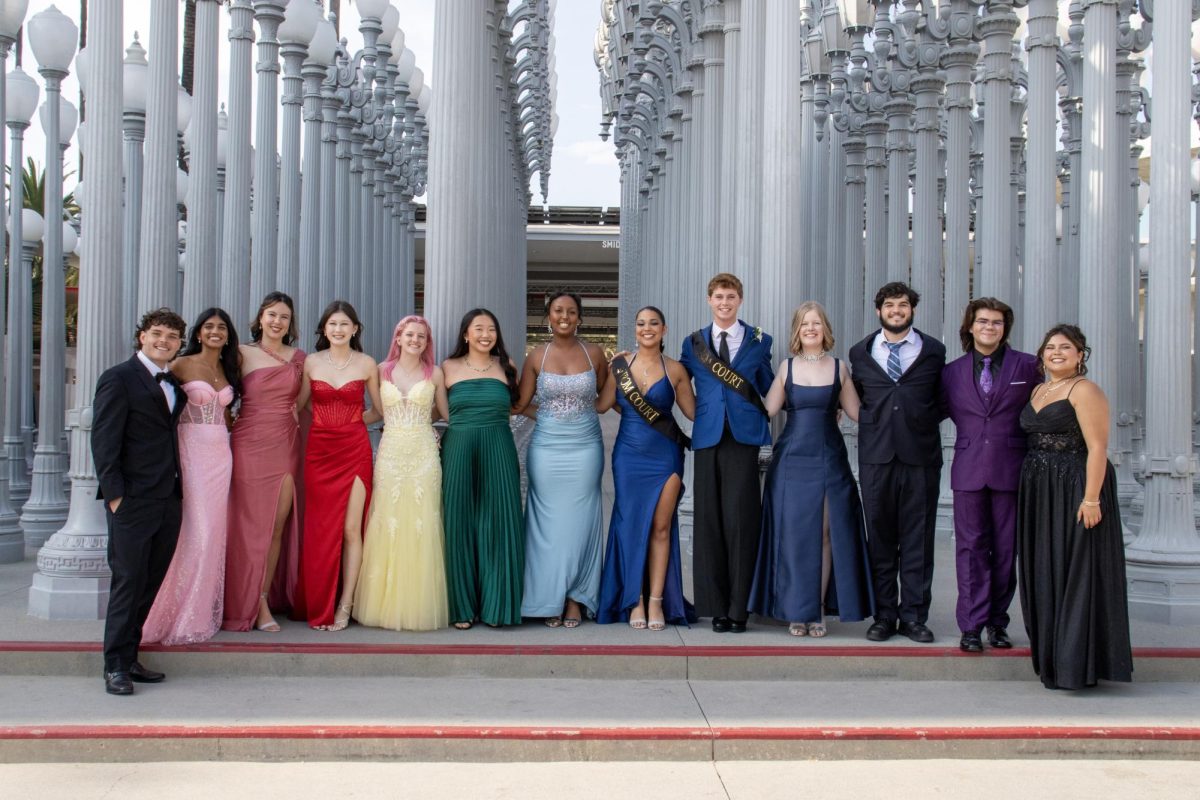Border Wall Construction Endangers Native American Burial Sites
March 2, 2020
As a result of President Donald Trump’s US-Mexico border wall initiative, Native American burial sites are at risk of destruction. Authorities confirmed that blasting began in an Arizona national monument site, endangering both Native American heritage and rare plant species.
Organ Pipe Cactus National Monument is a remote desert region in southern Arizona, bordered by Mexico. It’s also a UNESCO recognized reserve, meaning it’s home to unique species, such as the organ pipe cactus, which doesn’t grow wild anywhere else in the world. The monument is adjacent to the Tohono O’odham Nation, a federally recognized Native American tribe. The UNESCO site is not part of the O’odham land, but the tribe’s sacred burial sites are on the reserve land.
According to Representative Raúl Grijalva, an Arizona Democrat, “It’s a political agenda, without worrying about consequences that could happen in terms of these sacred sites.”
The border wall is intended to be 30 feet tall and run across 43 miles of the reserve. Already, blasting has damaged hillsides and bulldozers work at clearing a path for construction. In their wake lies dead, plowed over saguaros, 200-year-old cactuses that are sacred to the O’odham as the embodiment of their ancestors.
West High speech and debate member Shruti Penumarti (10) commented, “This action breaks new boundaries when it comes to the Trump administration. It’s simply unethical to erase Native American culture.”
The destructive nature of this construction comes as a result of the Trump administration’s acceleration of the border wall, which may be spurred in order to uphold President Trump’s 2016 election campaign promise to build a wall separating the U.S. from Mexico.
The Trump administration has been able to push construction on public land because of a 2005 act that allows the federal government to waive laws in the name of national security. The executive branch has already waived several laws, including consulting Native American tribes before affecting their land.
Shrutika Ezhil (10), another member of speech and debate, said, “America is a country with a lot of cultures, but safety comes first because we’re protecting that heritage. However, I don’t know if what Trump is doing is necessary for our safety.”
Rep. Grijalva said that he is working to repeal the 2005 act that has allowed the construction of the border wall thus far. He is also working with the O’odham tribe to talk to the Department of Homeland Security and stop the destruction of Native American burial sites.
For now, the safety of the UNESCO reserve and its Native American heritage remains uncertain.




